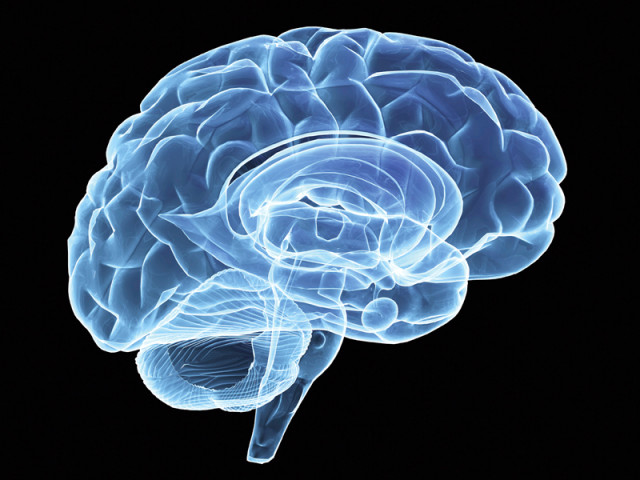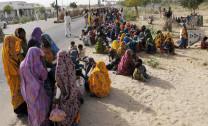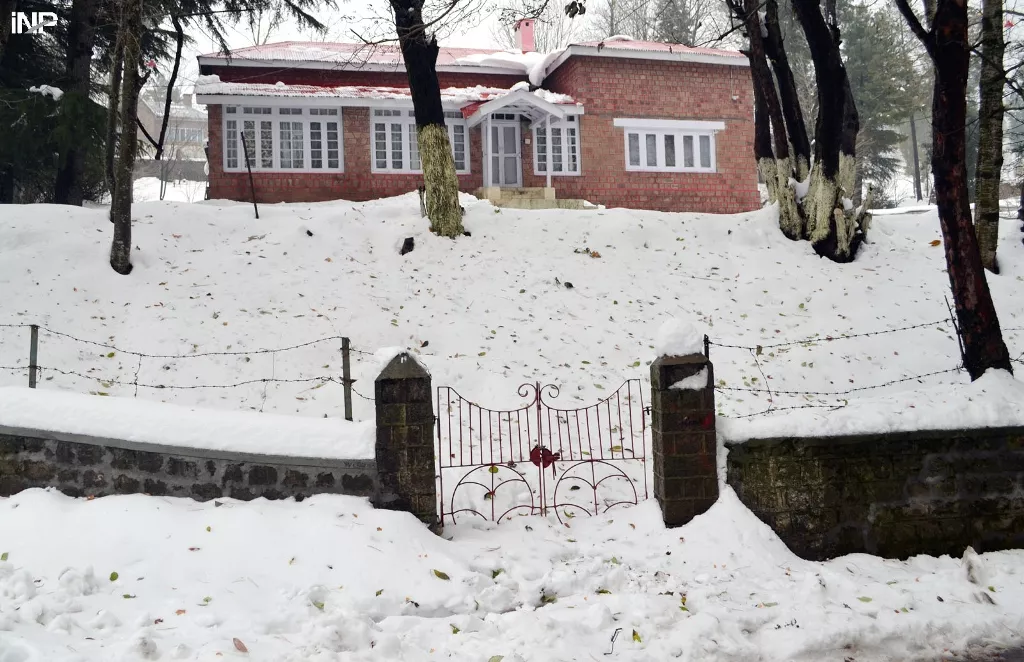Strain on families: Neurologists worry about rise of dementia in Pakistan
Alzheimer’s Day will be observed across the world today.

Two days ahead of World Alzheimer’s Day that will be observed on September 21, a press conference was held at Karachi Press Club on Friday to discuss the theme for this year, which is ‘Dementia - Can we reduce the risk?’. Alzheimer’s is the most common form of dementia.
“We don’t have an exact number of patients in the country but it could be 50 per cent more than patients suffering from AIDS,” said Prof Mohammad Wassay Shakir, the president of the Pakistan Society of Neurology. He added that family members should not take the symptoms of dementia lightly under the pretext of aging.
Dr Sarwar J Siddiqui, a prominent neurologist at the Aga Khan University Hospital, highlighted the fact that even though the symptoms become apparent after a person crosses the age of 60, it is not a problem related to age. The disease will hit millions of people across the world by 2050, he predicted.
“The basic reasons are increasing economic issues,” said Siddiqui. The population of elderly people will exceed that of the younger generation by 2045, he added.
“The number of dementia patients will be 66 million across the world by 2030,” said the neurologist. “And by 2050, the number will be approximately 115 million.”
“About 70 per cent of the patients will be from developing countries,” the neurologist pointed out. “This disease will be counted in the five most common diseases within the next 20 years.”
Neurologists lamented the fact that, even though treatment and medicine is available in Pakistan, the charges are pretty much unaffordable. They called upon the government to not only conduct a survey but also provide a subsidy on the medicine. “A patient needs supportive care,” said Dr Naila Shahbaz, neurology professor at the Dow University of Health Sciences, adding that the patients usually forget their daily routines. “Their attitudes change,” she said while explaining the symptoms.
Not only the government but a majority of the doctors is also unaware of the severity of the disease. According to Shakir, hundreds of doctors are being trained so that they can play an active role in reducing the growing number of patients.
“The disease could be very harmful for the entire family,” he said. “Most of us have aged persons at our homes and they could be affected with this disease.” He added that awareness needs be promoted among the general public about the symptoms and risks of the disease.
Published in The Express Tribune, September 21st, 2014.



















COMMENTS
Comments are moderated and generally will be posted if they are on-topic and not abusive.
For more information, please see our Comments FAQ